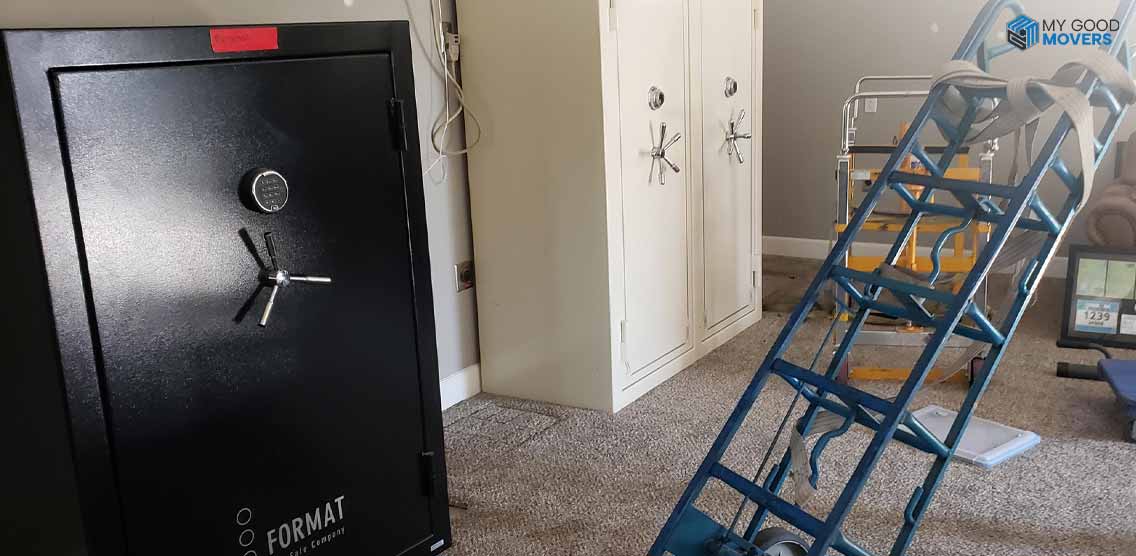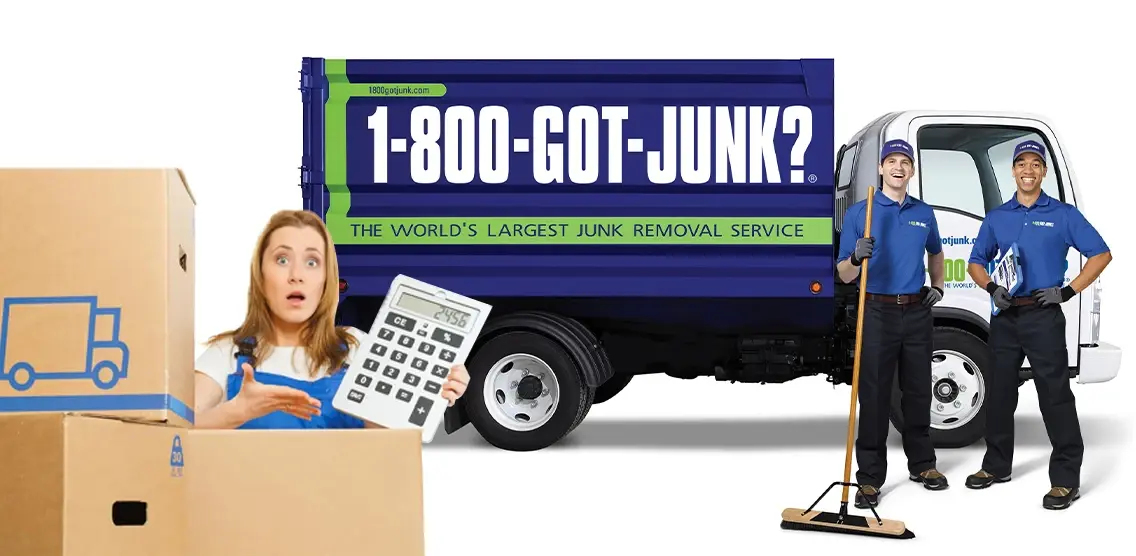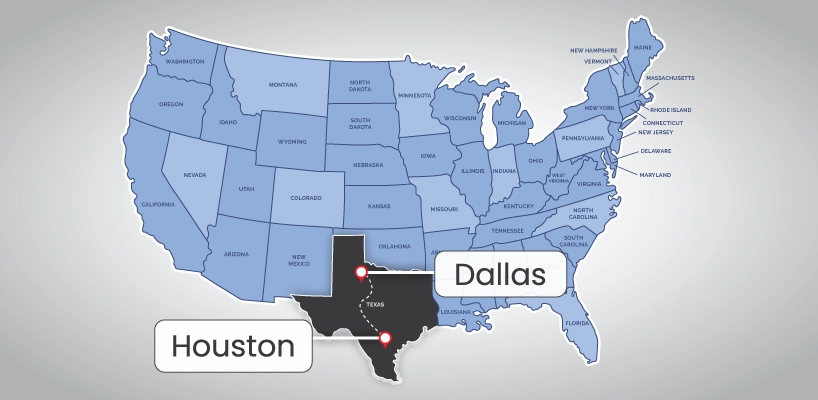The greatest distance is often the one between the move you planned and the one you experienced.
When it comes to moving, the decisions you make early on can significantly shape your experience.
Did you know that about 40 million Americans move each year, and roughly 34% of them experience issues like damaged goods, delays, or unexpected price hikes?
This highlights the importance of choosing the right type of service—whether that’s a moving broker or a moving company.
Now, you might be wondering, “What’s the big difference between a moving broker and a moving company?”
It’s not just semantics; it’s a distinction that can make or break your moving experience.
A moving broker acts as a middleman, which connects you with a range of moving companies.
In fact, they often present estimates that are 15-20% lower than those you might receive from a direct moving company.
But here’s the downside: brokers don’t move your items themselves, and that’s where potential risks arise.
On the flip side, moving companies manage the entire process, from packing to transport.
While they may charge more, they also provide transparency and direct accountability.
According to the Federal Motor Carrier Safety Administration (FMCSA), about 13% of moving-related complaints come from customers who are misled by brokers.
In this blog, we will discuss the differences between these two options so you can make the best decision for your move.
What is a Moving Broker?
A moving broker acts as a middleman.
They don’t physically move your belongings; instead, they connect you with moving companies.
Think of them as the "travel agents" of the moving industry. They organize logistics and find the best carriers based on your requirements.
They typically provide estimates based on your description without visiting your home in person.
This can be convenient because brokers often have access to a large network of moving companies and give you a wide range of price options.
However, there are some downsides to consider when using moving brokers:
Lack of Direct Control: When you work with a broker, you won’t know which moving company will actually handle your move until much later in the process.
Pricing Issues: Brokers might quote lower prices initially to secure your business. However, costs can increase dramatically when the actual moving company shows up.
Liability Concerns: Brokers don’t own trucks or employ moving staff, so they are not responsible for the actual moving process.
If any issues arise, it’s between you and the moving company.
What is a Moving Company?
A moving company is sometimes called a carrier.
It is a business that owns its own fleet of trucks and employs professional movers.
When you hire a moving company directly, you work with the team physically transporting your items.
This means you have more control and accountability during the process.
Some key features of moving companies include:
Direct Services: A reputable moving company will send a professional estimator to your home to provide a more accurate estimate.
Diverse Offerings: Moving companies offer a broad range of services, which makes them a versatile option for your relocation needs.
Regulatory Compliance: All legitimate moving companies must be registered with the Federal Motor Carrier Safety Administration (FMCSA) and carry a U.S. DOT number.
The Problem with Moving Brokers
Moving brokers can offer a convenient and sometimes cost-effective solution, but there are notable risks.
In 2012, the U.S. Senate investigated fraudulent brokers and found that some companies offer low-quality and scam services.
Even today, some brokers provide vague estimates that balloon once your move is in progress.
Some brokers demand large upfront deposits, which may not always go toward the actual moving services.
The Problem With Moving Brokers often lies in their inability to guarantee service quality.
If they fail to book a mover for your scheduled date or if the mover they assign you doesn’t show up, you could be left without support at a critical moment.
For this reason, it is essential to research any broker’s credentials through the FMCSA and demand binding estimates.
Benefits of Using a Moving Company vs. Moving Broker
So, how do you choose between a broker and a moving company?
It is compulsory to weigh the pros and cons based on your needs.
Let’s discuss the Benefits of Using a Moving Company vs. a Moving Broker:
| Criteria | Moving Broker | Moving Company |
|---|---|---|
| Pricing | Initial quotes may be lower but can increase significantly later. | Provides accurate estimates after a home visit. |
| Control and Accountability | Less control, as brokers outsource the work. | More direct involvement and accountability. |
| Service Quality | Varies depending on the contracted company. | Consistent service from start to finish. |
| Flexibility | Access to a network of movers, offering more options. | Limited to the company’s availability and service routes. |
While it may be more expensive up front, using a moving company directly will usually come with greater peace of mind.
You have a single point of contact: the movers themselves. If any damage occurs when transporting your goods, it is their responsibility.
However, moving brokers can be a good option if you need both flexibility and do not wish to spend time researching movers on your own.
But it might also cost money and reliability.
How to Protect Yourself When Choosing a Moving Service
Regardless of which option you choose, it is always essential to take steps to protect yourself:
Verify FMCSA Registration: Always check that the company (whether a broker or a mover) is registered with the FMCSA. You can verify this information through the FMCSA’s online database.
Demand a Written Estimate: Avoid companies that provide only verbal estimates. Request a written and binding estimate.
Check Reviews and References: Look up customer reviews and check for any complaints with the Better Business Bureau.
Avoid Large Upfront Deposits: Reputable companies will not ask for large deposits before they provide services.













































































































































 (239) 799–6077
(239) 799–6077